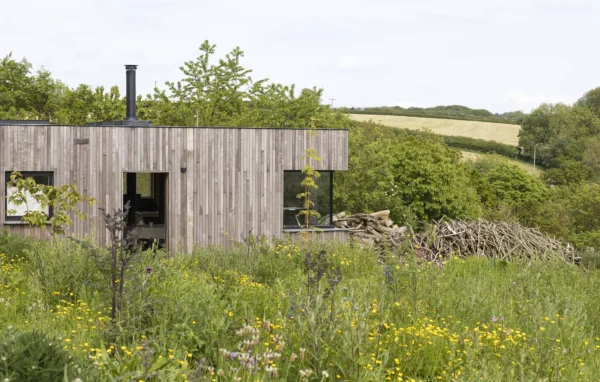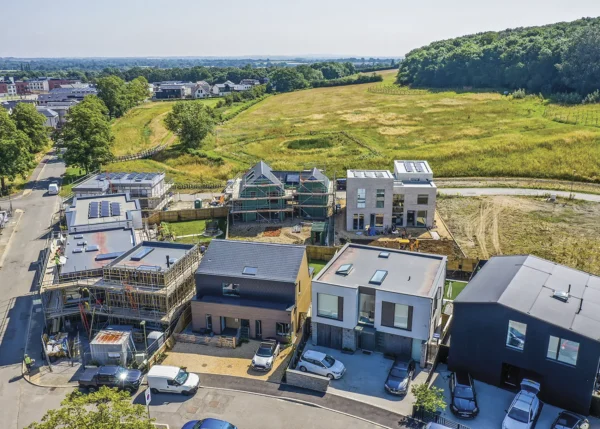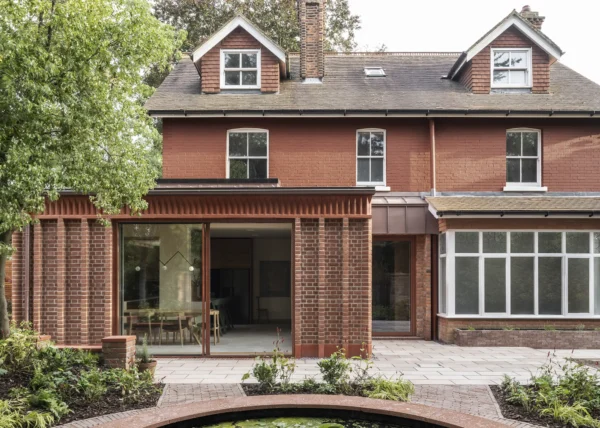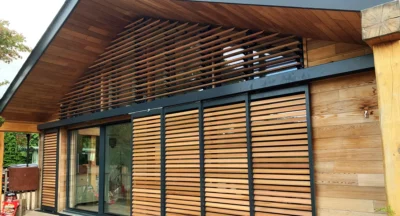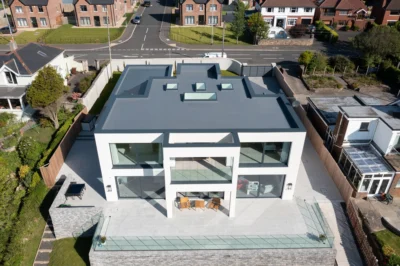Finding a plot is never easy. This difficult task isn’t helped by the fact that many planning policies seem to be designed to stop us from constructing what we would like to build.
I was chatting to a friend outside his house – a lovely cottage on a quiet lane – when I noticed a very long section of garden on the side of his home. I asked if he had ever thought of selling it on to a self-builder. He said he had, but couldn’t because of a 50% development charge – a restrictive covenant – which made it unaffordable.
To clarify, there is land out there where owners know there is the potential for planning permission to be granted, perhaps on a garden, and they want to ensure they’ll gain from any profit to be had. It could be that someone has tried and failed to gain permission and suspects that, in time, someone else may succeed. To ensure they get their cut of any planning windfall, they leave a ‘no development’ restrictive covenant. As beneficiaries, they will be the only ones able to lift it, and usually at a hefty charge.
There has been debate about how much any such clawback should be. Anywhere between 10% and 60% of the uplift in value of the plot has been known and 33% is the going rate for lifting a ransom strip (similar to a covenant).
An interesting point to consider is that because the charge is due on the uplift in value, and assuming the land without planning was worth a few thousand pounds, the actual price the purchaser would pay would be the original value of the site (its market value without planning) plus the equivalent of half the significant uplift gained when approval is granted. So you would pay the value of the land with planning consent plus another 50% to the vendor. Based on the above scenario, land with a restrictive covenant could still prove to be a cost-effective solution.
If faced with a covenanted plot, get a good solicitor. The value of the land with and without planning is critical to the amount you will have to pay. Make an offer based on the value of the land with planning for what you intend to build, but if the vendors refuse to budge, move on and look elsewhere.



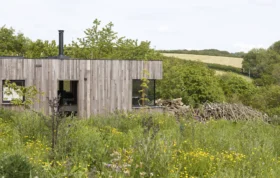


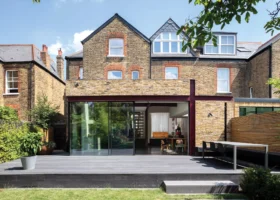




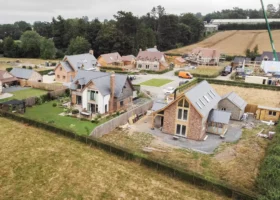




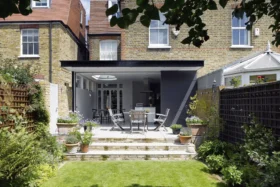

















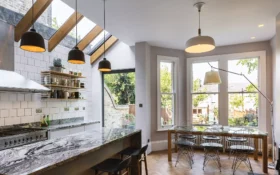


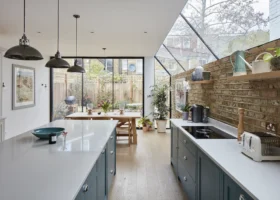





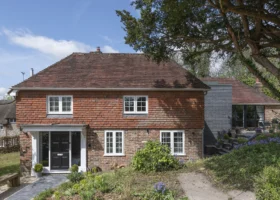


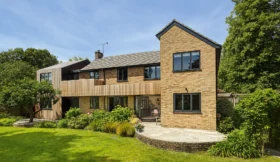

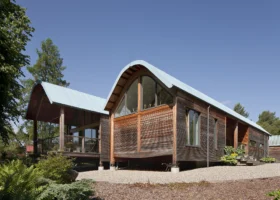

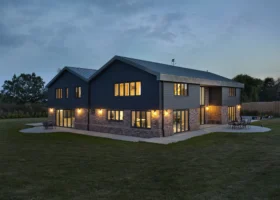
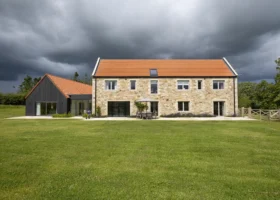
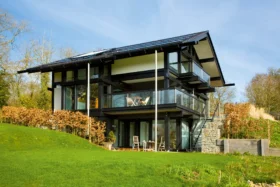



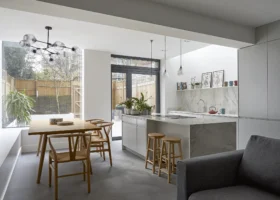

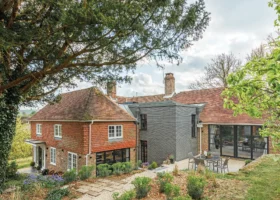
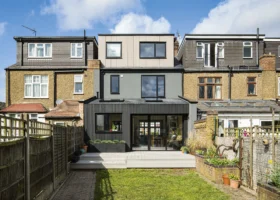

























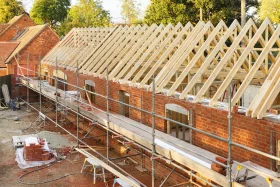









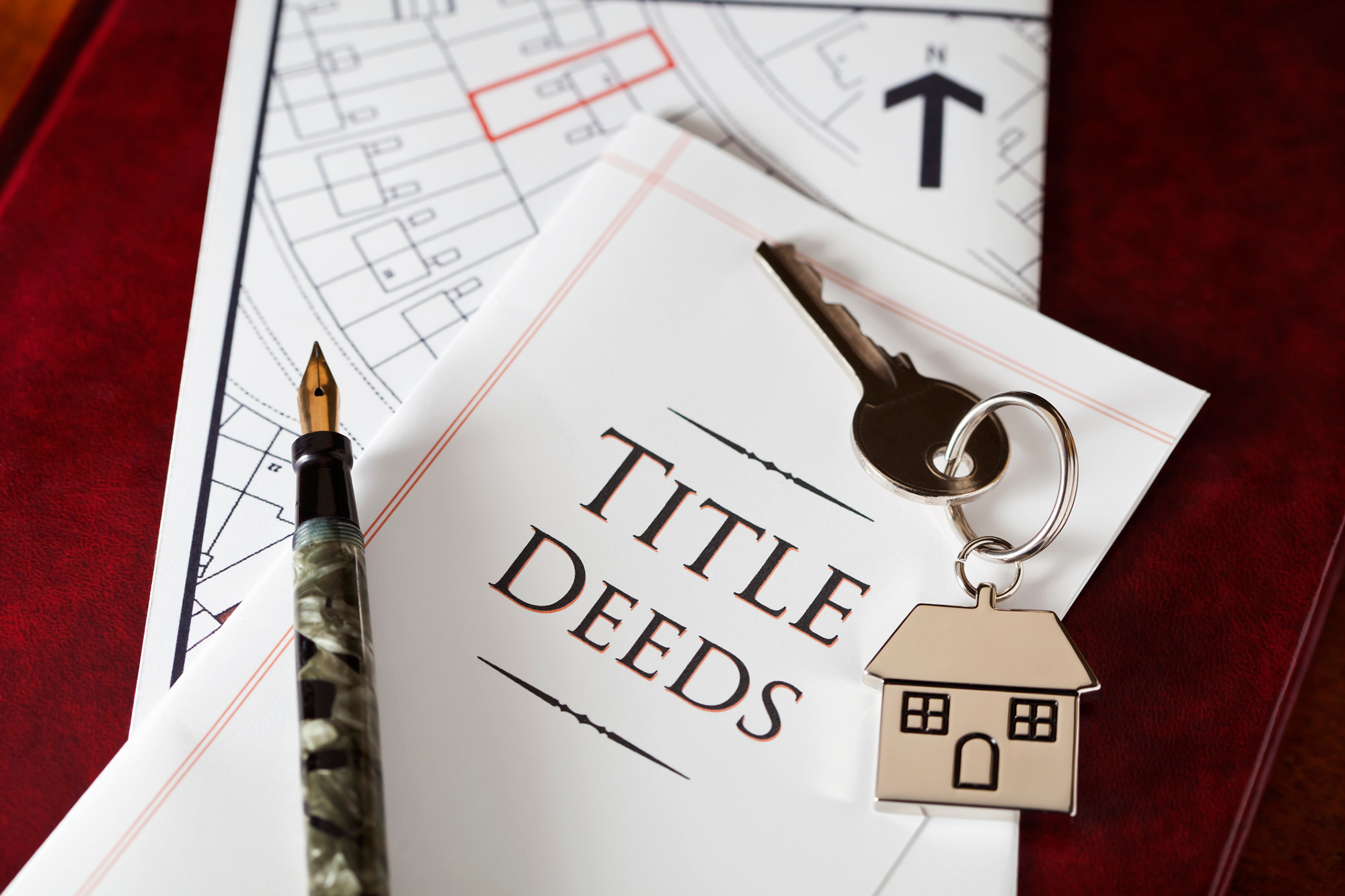
 Login/register to save Article for later
Login/register to save Article for later


